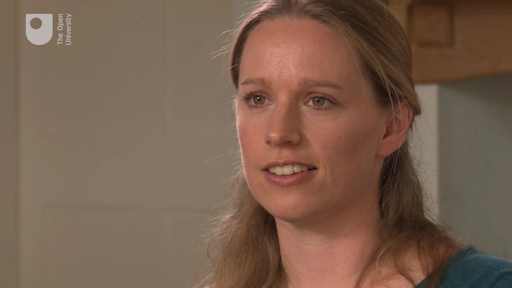2.2 Neurodiversity
The relationship between the autism spectrum and the rest of the population is one with important social and ethical implications. Traditionally, autism was seen as akin to a medical problem – diagnosed by medical professionals and regarded as a disorder and/or disability, with deficits that impair the individual’s functioning and depart from the ‘norm’. Historically, this was the perspective most strongly associated with the idea of a ‘treatment’ or ‘cure’ aimed at returning the individual to ‘normality’.
Nowadays, many individuals with autism and their families prefer to think of autism as a difference from neurotypicality (and note the use of this term in preference to ‘normality’).
Some, including members of the
Here Arabella reflects on coming to accept and celebrate Iris Grace’s unique qualities

Transcript
An associated perspective first introduced in Week 1 [Tip: hold Ctrl and click a link to open it in a new tab. (Hide tip)] is ‘neurodiversity’. This extends the ‘difference not disorder’ perspective to include individuals with a range of cognitive differences besides autism, such as dyslexia and ADHD. Neurodiversity advocates argue that these conditions arise due to natural genetic variation and are not ‘
Those in the ‘difference not disorder’ lobby are making valuable contributions to changing perceptions about autism. However, their views are not universally shared. In particular, some families where there is a profoundly affected autistic individual may feel that while the neurodiversity view is appropriate for high-functioning individuals who lead relatively independent lives, it fails to acknowledge the distress, suffering and disability of those such as their own family member.
